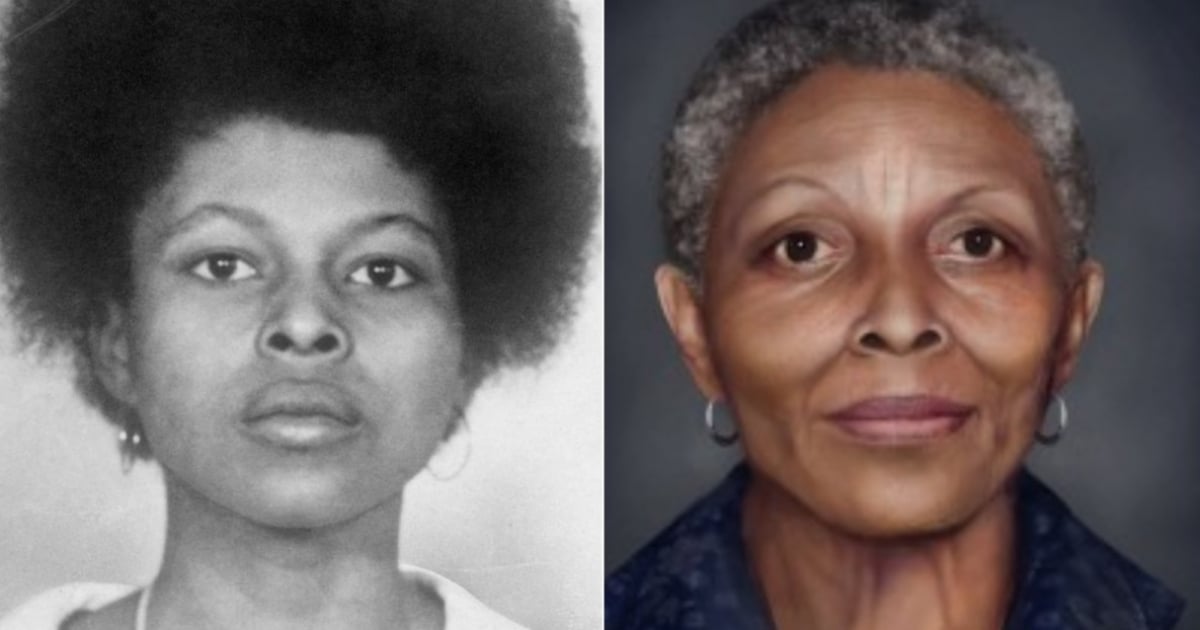The United States government has renewed its call for the extradition of Joanne Chesimard, also known as Assata Shakur, a fugitive convicted of murdering a state trooper in 1973 who has been residing in Cuba for over four decades. The FBI is offering a reward of up to $1 million for information leading directly to the capture of Joanne Chesimard, who escaped from a prison in Clinton, New Jersey, while serving a life sentence for the murder of New Jersey State Trooper Werner Foerster on May 2, 1973," the agency reiterated today via social media.
Chesimard, now 77, was sentenced to life imprisonment in 1977 for the killing of Trooper Foerster during a traffic stop on the New Jersey Turnpike. According to authorities, she and two accomplices opened fire on the officers as part of their involvement with the Black Liberation Army, a radical group active in the 1970s. Though she was captured and convicted, Chesimard managed to escape prison in 1979 and resurfaced in Cuba in 1984, where she was granted political asylum.
“Today, 52 years after the brutal murder of Trooper Foerster, we are still seeking justice,” stated Secretary of State Marco Rubio in a message shared on social media. “The Cuban regime must stop harboring murderers and immediately extradite Joanne Chesimard along with all other American fugitives it shelters,” he remarked.
In 2013, Assata Shakur became the first woman to be placed on the FBI's list of most wanted terrorists. U.S. authorities label her as a "domestic terrorist" and caution that she should be considered "armed and dangerous." Her case has been a longstanding source of diplomatic tension between Washington and Havana. While the U.S. government continues to press for her extradition, Cuban officials have maintained that she is a political refugee.
The figure of Shakur remains controversial. To the FBI, she is a dangerous criminal, but civil rights organizations and activists view her as a symbol of black resistance in the U.S. Her autobiography, published in 1987 from Cuba, is widely read in academic circles and among activists. Additionally, she is the godmother of the late rapper Tupac Shakur, which has kept her image alive in African American popular culture.
The potential for her extradition has been discussed on various occasions, including during bilateral negotiations between the U.S. and Cuba, but no progress has been made. Currently, it is estimated that more than 70 American fugitives are residing on the Caribbean island.
Understanding the U.S. Extradition Request for Assata Shakur
Why is the U.S. seeking Assata Shakur's extradition?
The U.S. is seeking Assata Shakur's extradition because she was convicted of the murder of a New Jersey State Trooper in 1973 and subsequently escaped prison. She has been residing in Cuba since 1984.
What is the reward offered by the FBI for Assata Shakur?
The FBI is offering a reward of up to $1 million for information that leads directly to the capture of Assata Shakur.
What has been Cuba's response to the extradition requests?
Cuban authorities have consistently maintained that Assata Shakur is a political refugee and have refused extradition requests from the United States.
